Showing 25–36 of 632 results
-
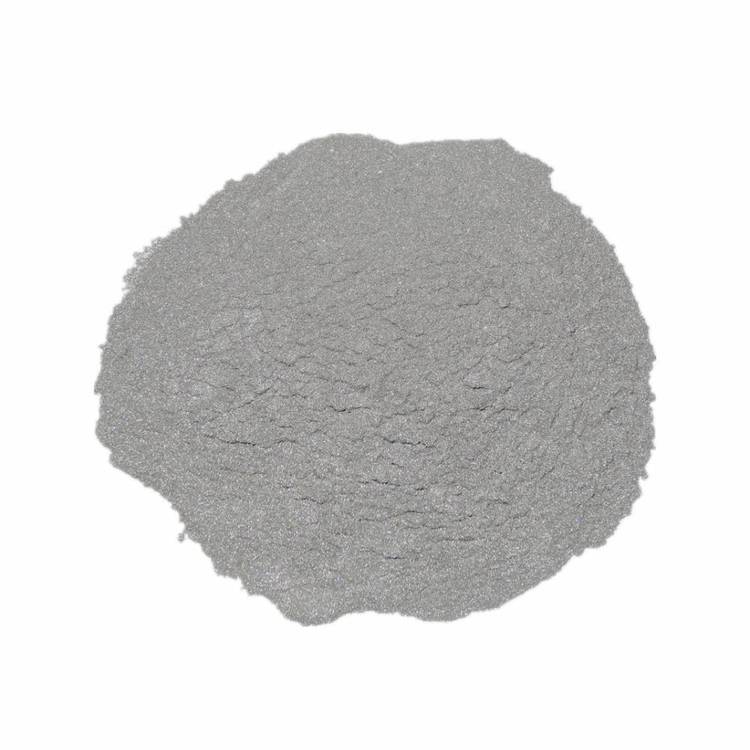
- High Strength-to-Weight Ratio: Combines the lightweight benefits of aluminum with the strength of iron.
- Thermal Stability: Resistant to high temperatures, making it ideal for demanding environments.
- Corrosion Resistance: Excellent performance in corrosive conditions.
- Customizable Particle Sizes: Suitable for diverse manufacturing processes.
- High Purity: Ensures consistent quality and performance.
- Excellent Alloying Properties: Compatible with various manufacturing techniques like powder metallurgy and additive manufacturing.
-
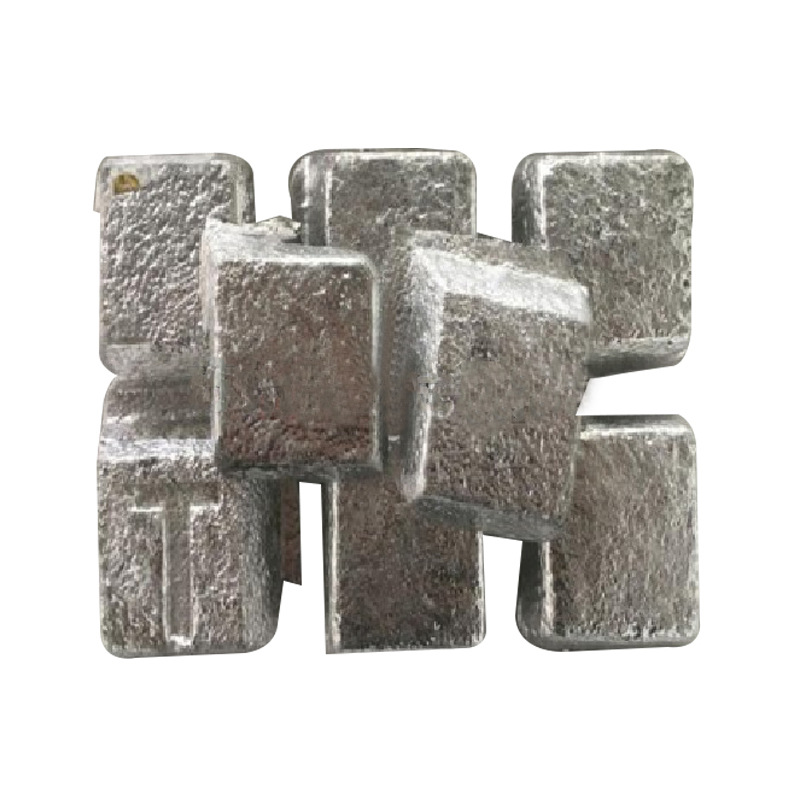
- Enhanced Strength: The iron content provides increased mechanical strength compared to pure aluminum.
- Corrosion Resistance: Improved corrosion resistance, making it suitable for harsh environments.
- Magnetic Properties: Offers magnetic characteristics beneficial for specific electronic applications.
- Versatile Deposition Techniques: Compatible with various deposition methods, including thermal evaporation and sputtering.
-
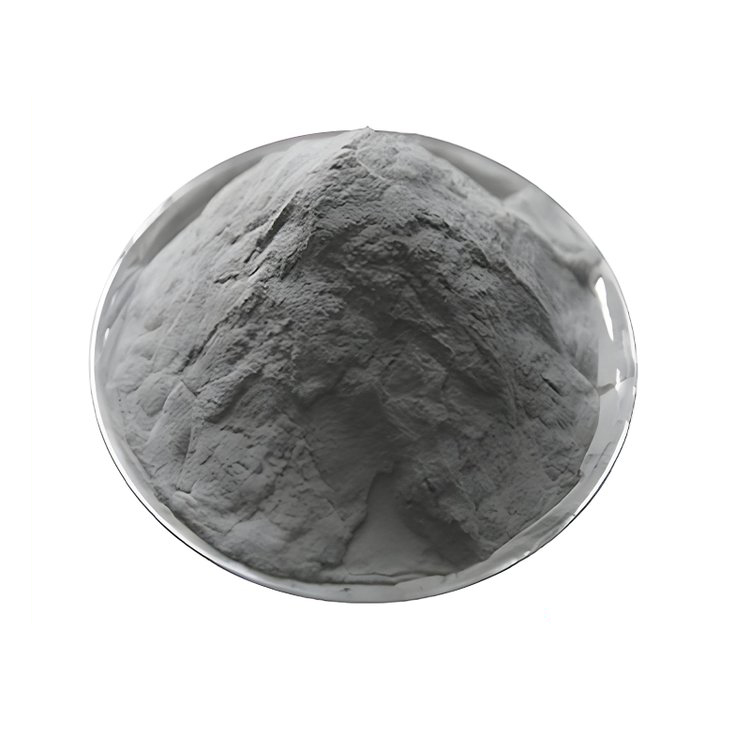
- High Strength-to-Weight Ratio: Combines lightweight characteristics with robust mechanical properties.
- Excellent Wear Resistance: Ensures durability in high-stress environments.
- Corrosion and Oxidation Resistance: Performs reliably in extreme chemical or thermal conditions.
- Uniform Microstructure: Enhances performance consistency across applications.
- Wide Applicability: Suitable for 3D printing, surface coatings, and high-performance components.
-
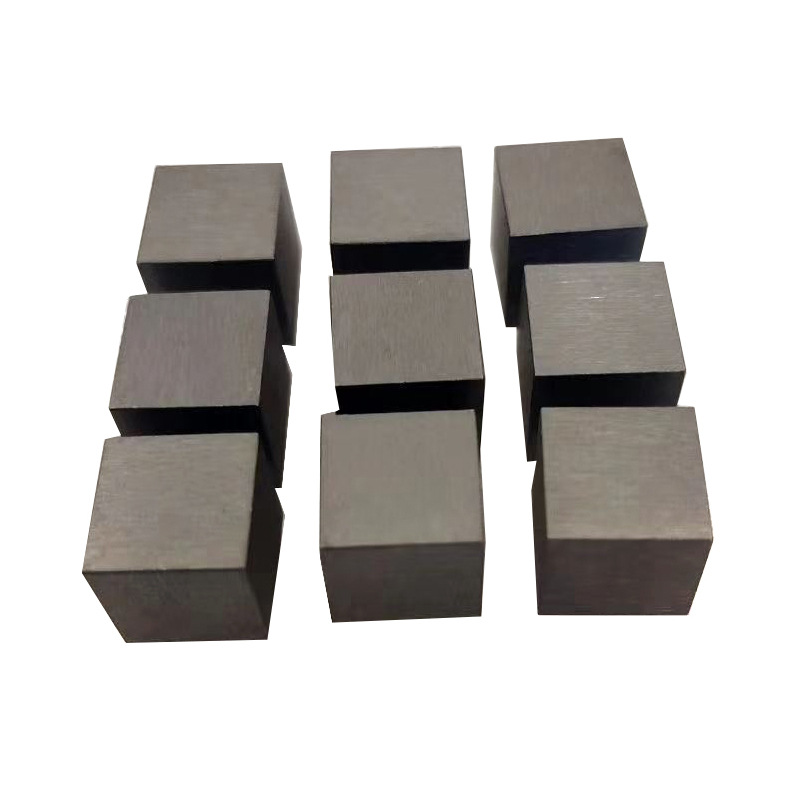
- Lightweight: Lower density compared to many metals, making it suitable for weight-sensitive applications.
- Corrosion Resistance: Enhanced resistance to corrosion, particularly in marine environments.
- Improved Strength: Magnesium improves the strength and ductility of aluminum.
- Versatile Deposition: Compatible with various deposition techniques, including thermal evaporation and sputtering.
-
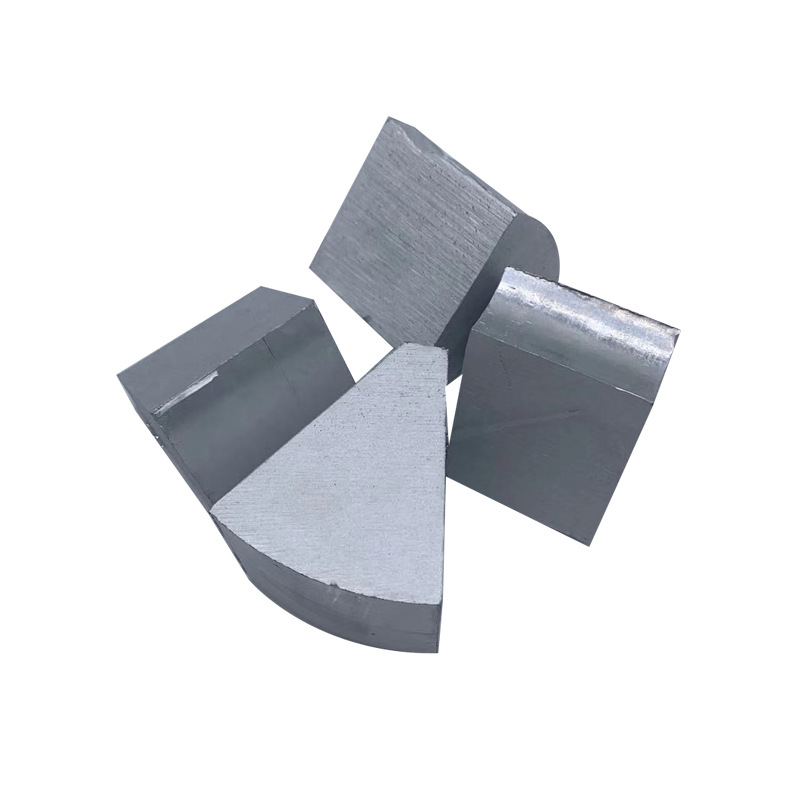
- Enhanced Strength: Molybdenum contributes to higher strength and stability at elevated temperatures.
- Good Thermal Conductivity: Provides effective heat dissipation in electronic applications.
- Corrosion Resistance: Offers improved resistance against oxidation and wear.
- Versatile Deposition: Compatible with thermal evaporation and sputtering techniques.
-
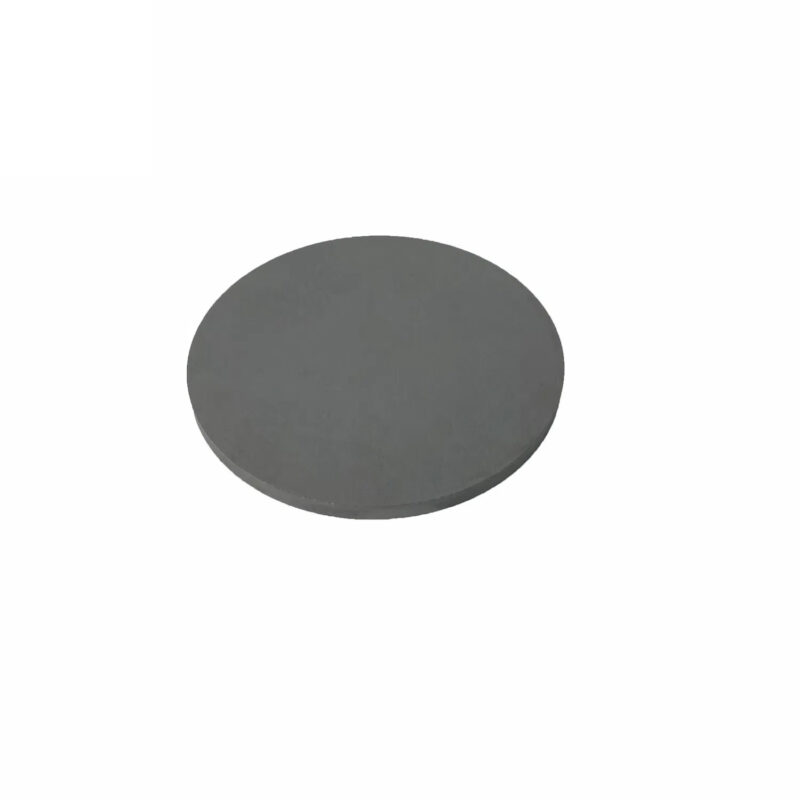
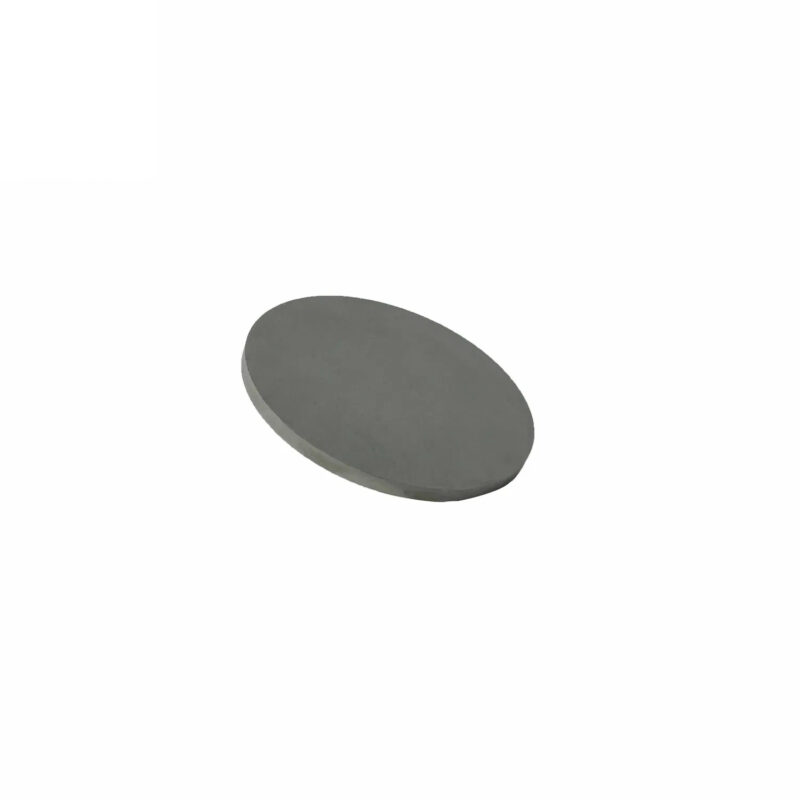
- High Thermal Conductivity: AlN offers one of the highest thermal conductivities among non-metals, which is vital for heat dissipation in high-power electronics and optoelectronics.
- Electrical Insulation: AlN is an excellent electrical insulator, making it suitable for electronic applications requiring electrical isolation with effective thermal management.
- Piezoelectric Properties: AlN exhibits strong piezoelectric properties, making it ideal for use in sensors, actuators, and acoustic wave devices.
- High Hardness and Durability: AlN films are mechanically robust, offering good wear resistance and durability for applications in harsh environments.
- Good Chemical Stability: AlN is resistant to many chemicals and environmental conditions, ensuring longevity in demanding applications.
-
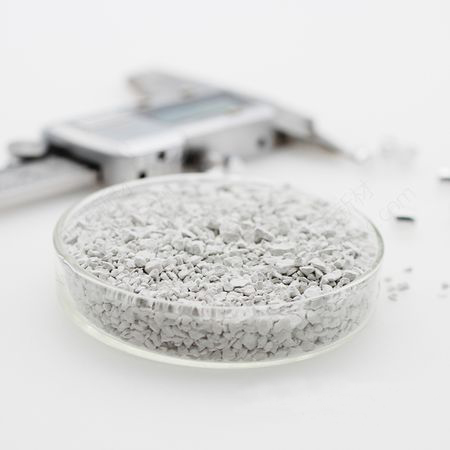
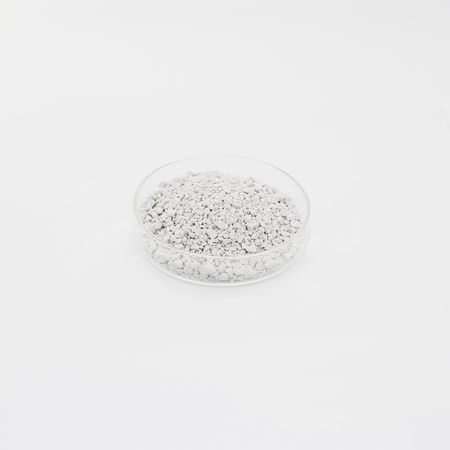
- Thin-Film Deposition: AlN pellets are used as a source material in Physical Vapor Deposition (PVD) techniques, such as sputtering and electron beam evaporation, to create thin AlN coatings on substrates. These coatings are utilized for microelectronics, optoelectronics, and protective layers.
- Thermal Management: Used in industries requiring materials with high thermal conductivity for heat dissipation, like LEDs and high-power semiconductors.
- Ceramic Engineering: AlN pellets are employed in developing advanced ceramics for aerospace, automotive, and electronic industries.
- Optical Applications: Ideal for infrared optics due to good transparency in the IR range.
-
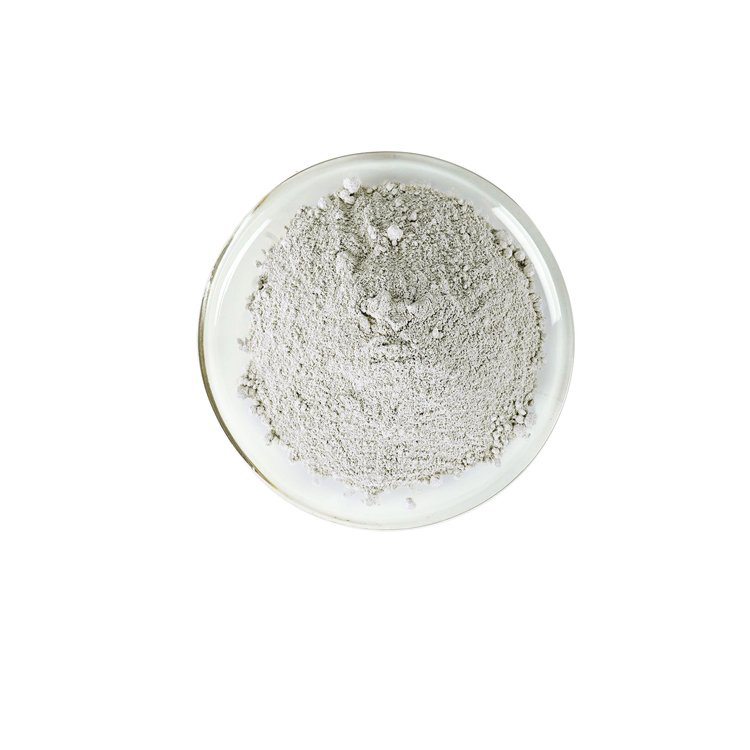
- High Thermal Conductivity: Up to 180 W/m·K, ideal for heat dissipation in electronic devices.
- Excellent Electrical Insulation: High resistivity, suitable for high-voltage applications.
- Low Thermal Expansion: Matches well with silicon, reducing thermal stress in electronic assemblies.
- Chemical Stability: Resistant to chemical corrosion, even at high temperatures.
- Wide Applicability: Compatible with a variety of processing methods, including sintering and powder metallurgy.
- Customizable Particle Sizes: Available in nano-scale and micro-scale particle sizes to meet specific requirements.
-
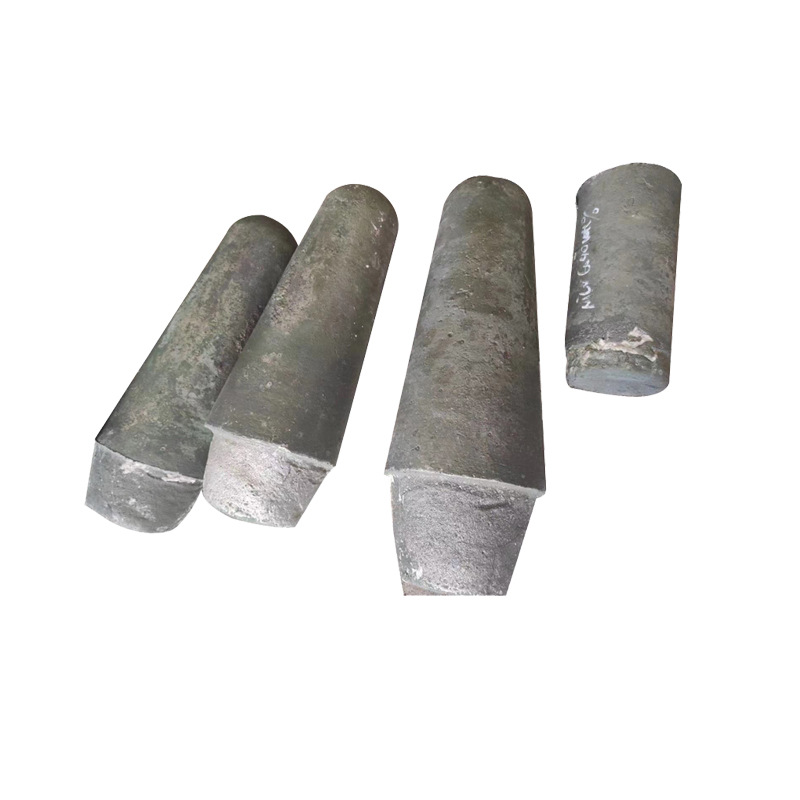
- High Strength-to-Weight Ratio: Combines the lightweight nature of aluminum with the strength of niobium.
- Improved Thermal Stability: Suitable for high-temperature applications without significant degradation.
- Corrosion Resistance: Offers enhanced resistance to oxidation and wear in harsh environments.
- Versatile Processing: Compatible with various deposition techniques including thermal evaporation and sputtering.
-
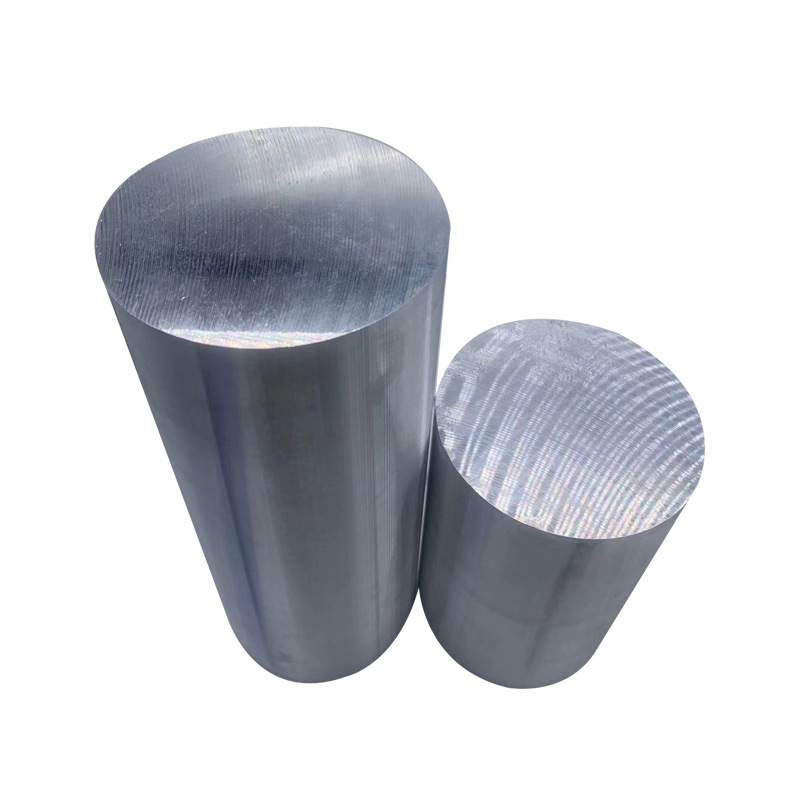
- Corrosion Resistance: Offers good resistance to oxidation and corrosion.
- Enhanced Strength: Combines the lightweight nature of aluminum with the strength of nickel.
- Magnetic Properties: Displays useful magnetic characteristics for specific applications.
-
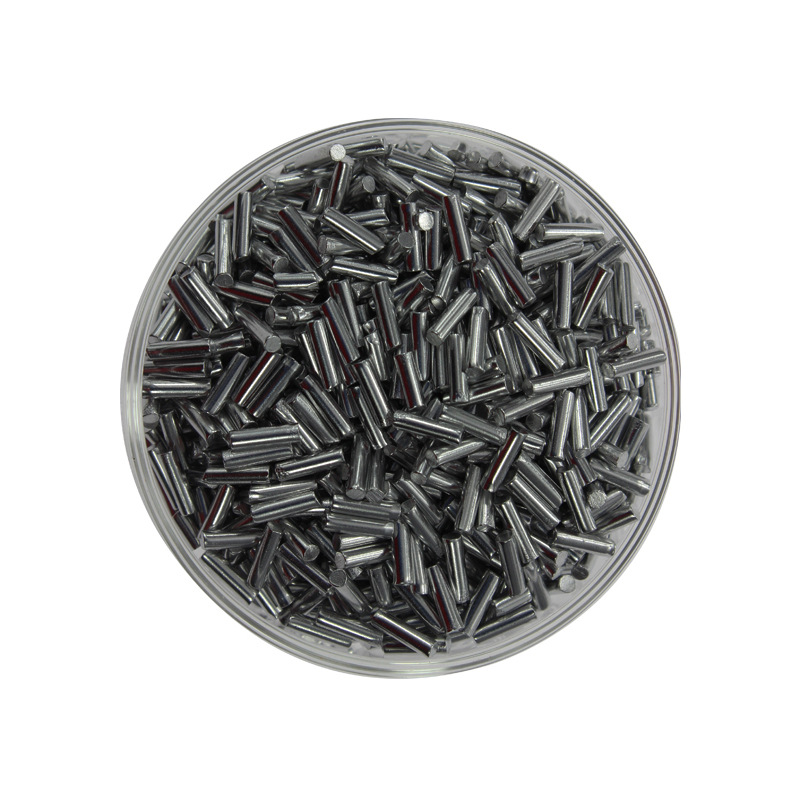
- Lightweight: Combines the lightweight nature of aluminum with the strength-enhancing effects of scandium.
- Improved Strength: Significantly increases yield strength and fatigue resistance.
- Corrosion Resistance: Offers good resistance to oxidation, making it suitable for harsh environments.
-
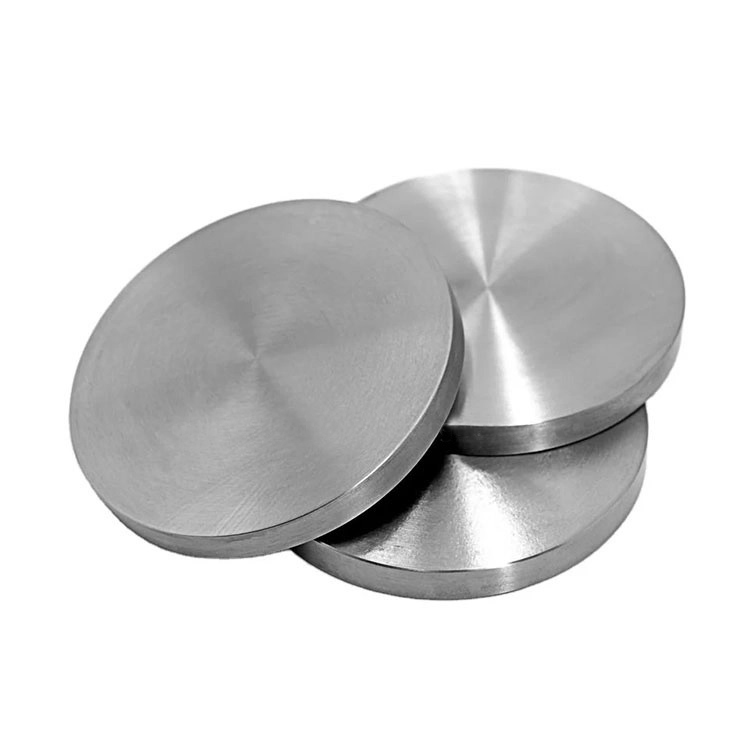

- Excellent Electrical Conductivity: AlSi alloys offer good electrical conductivity, making them ideal for interconnect layers and conductive films in electronic devices.
- Thermal Stability: AlSi films exhibit high thermal stability, ensuring reliable performance in high-temperature environments, such as semiconductor processing.
- Prevention of Electromigration: The addition of silicon to aluminum helps mitigate electromigration, improving the longevity and reliability of electronic components.
- Corrosion Resistance: AlSi alloys have good resistance to oxidation and corrosion, contributing to the durability of thin films in harsh operating conditions.
- Lightweight and Strong: The lightweight nature of aluminum, combined with the added strength from silicon, makes AlSi alloys versatile in applications requiring both durability and reduced weight.













